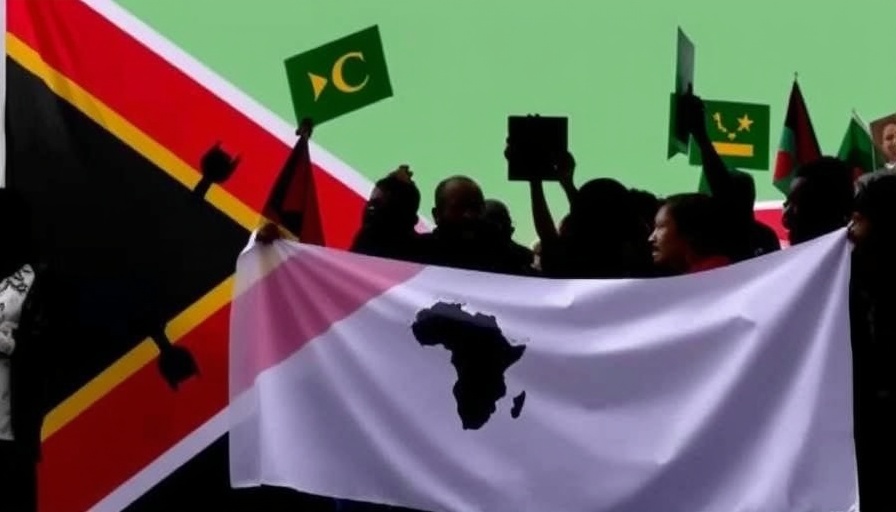
Reparative Justice: A Call to Acknowledge Historical Wrongs
On Africa Day, calls for reparative justice echo throughout the continent as experts highlight the urgent need to address historical injustices inflicted by colonial powers. Africa has experienced decades of exploitation that have severely hindered its social, economic, and political progress. Experts assert that acknowledging these injustices is critical for the continent's growth and development. In light of recent global movements advocating for justice and equality, the demand for reparative measures in Africa is more pressing than ever.
Linking Reparations to Economic Growth
Research indicates that reparative justice could have tangible benefits for the African economy. By compensating nations that suffered under colonial rule, African countries can invest in critical sectors such as education, healthcare, and infrastructure, fundamentally transforming their economies. As business leaders and investors seek sustainable markets, acknowledging past injustices and making amends could enhance Africa's attractiveness as a destination for foreign investment.
The Role of the African Union in Shaping Reparative Policies
The African Union (AU) plays a pivotal role in promoting the conversation around reparative justice. It serves as a platform for member states to collaborate on forming comprehensive policies that address historical grievances. The AU's efforts are supported by international organizations and non-governmental groups advocating for African nations to receive due reparations from former colonial powers. This diplomatic approach not only fosters intercontinental cooperation but also aligns with initiatives aimed at strengthening Africa's position in global trade.
A Historical Context: Understanding the Impact of Colonialism
The enduring consequences of colonialism are still felt across the African continent, reflecting in the political instability and economic challenges that persist today. Understanding this historical context is essential for policymakers and scholars alike. It sheds light on the necessity of reparative justice as a means of healing and renewal. The conversations around Africa Day remind us of the importance of learning from the past in order to forge a path towards a more equitable future.
Looking Ahead: Opportunities for African Unity Through Reparations
The call for reparative justice could serve as a catalyst for unity among African nations. By collectively demanding reparations, countries can strengthen their diplomatic ties and work towards shared goals in economic development. Embracing this approach can also enhance Africa’s role in international forums, presenting a unified stance on issues that affect the continent’s future.
As we reflect on Africa Day, the message is clear: reparative justice is not just a moral imperative, it is a strategic necessity for Africa’s advancement in the global economy. It is time for Africa to harness its narrative, advocating for rightful compensation while striving for self-determination in a rapidly changing world.
 Add Row
Add Row  Add
Add 


 Add Row
Add Row  Add
Add 

Write A Comment